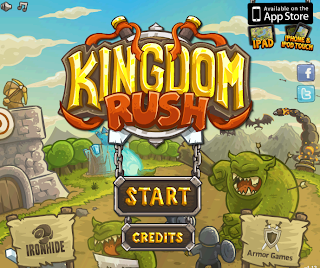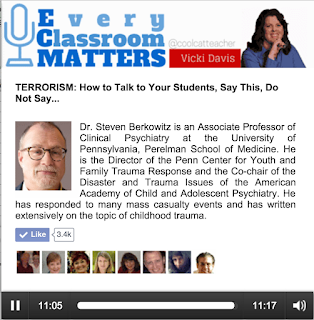Today is the University of Northern Iowa College of Education's Education Summit.
I was invited to talk about gaming in the classroom at this conference. It was a great opportunity to discuss the topic with about 20 people. These educators ranged from 19 - 60+ years of age. It was a strong discussion with many points of view shared.
Below is an embedded version of my presentation. The Youtube links should also work. Please contact me if they don't work for you.
If you want to contact me, please leave a comment below or email me at zeitz@uni.edu








